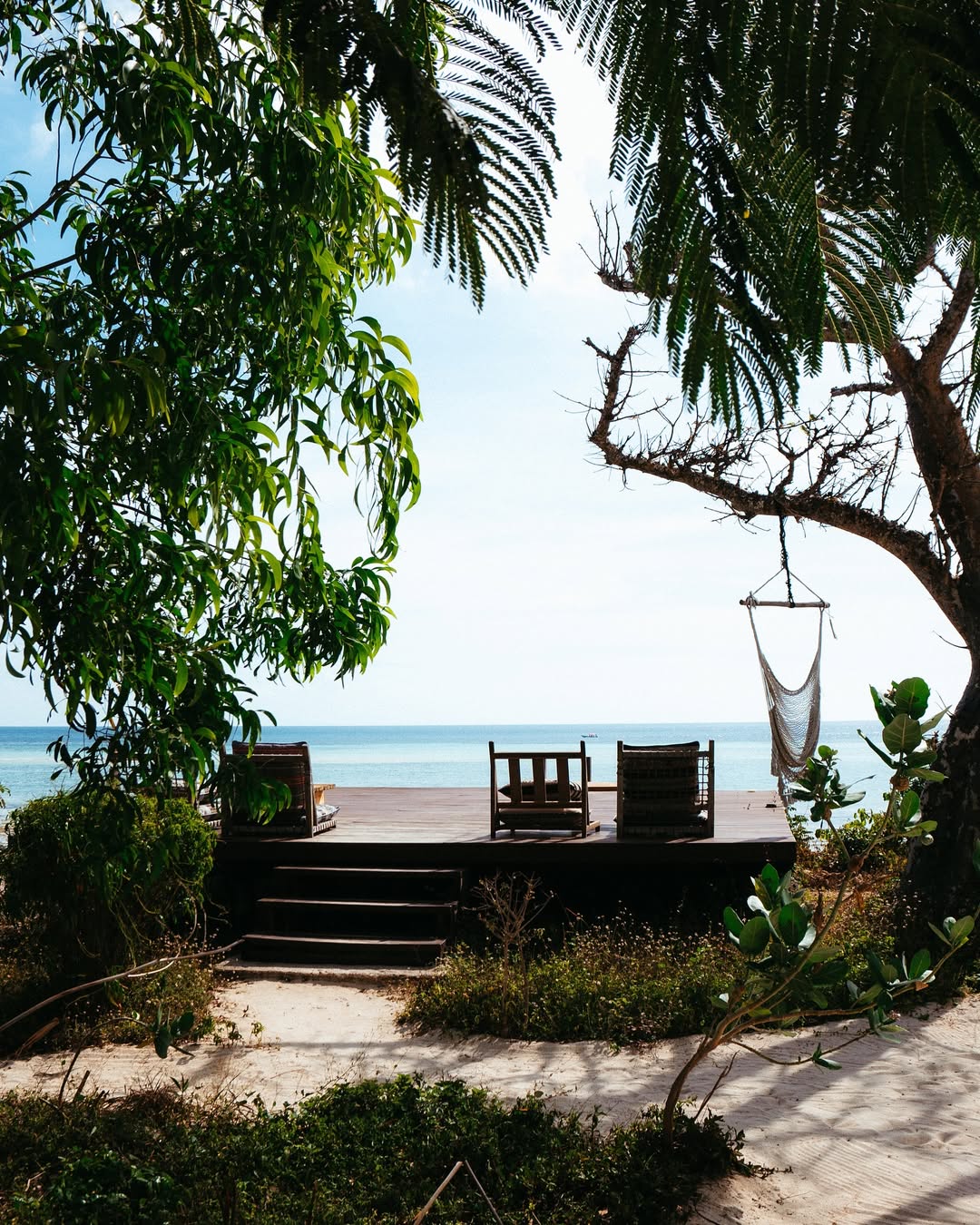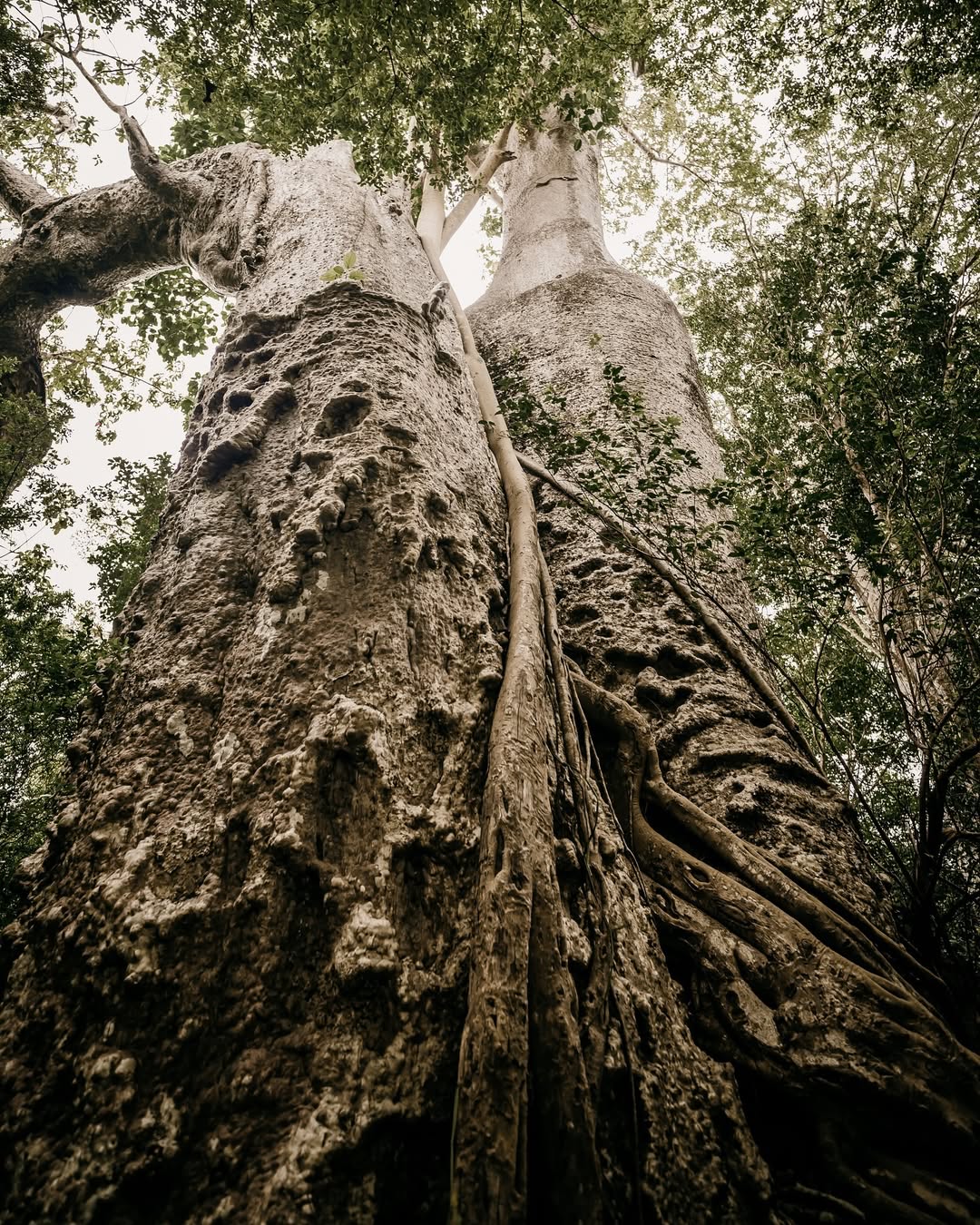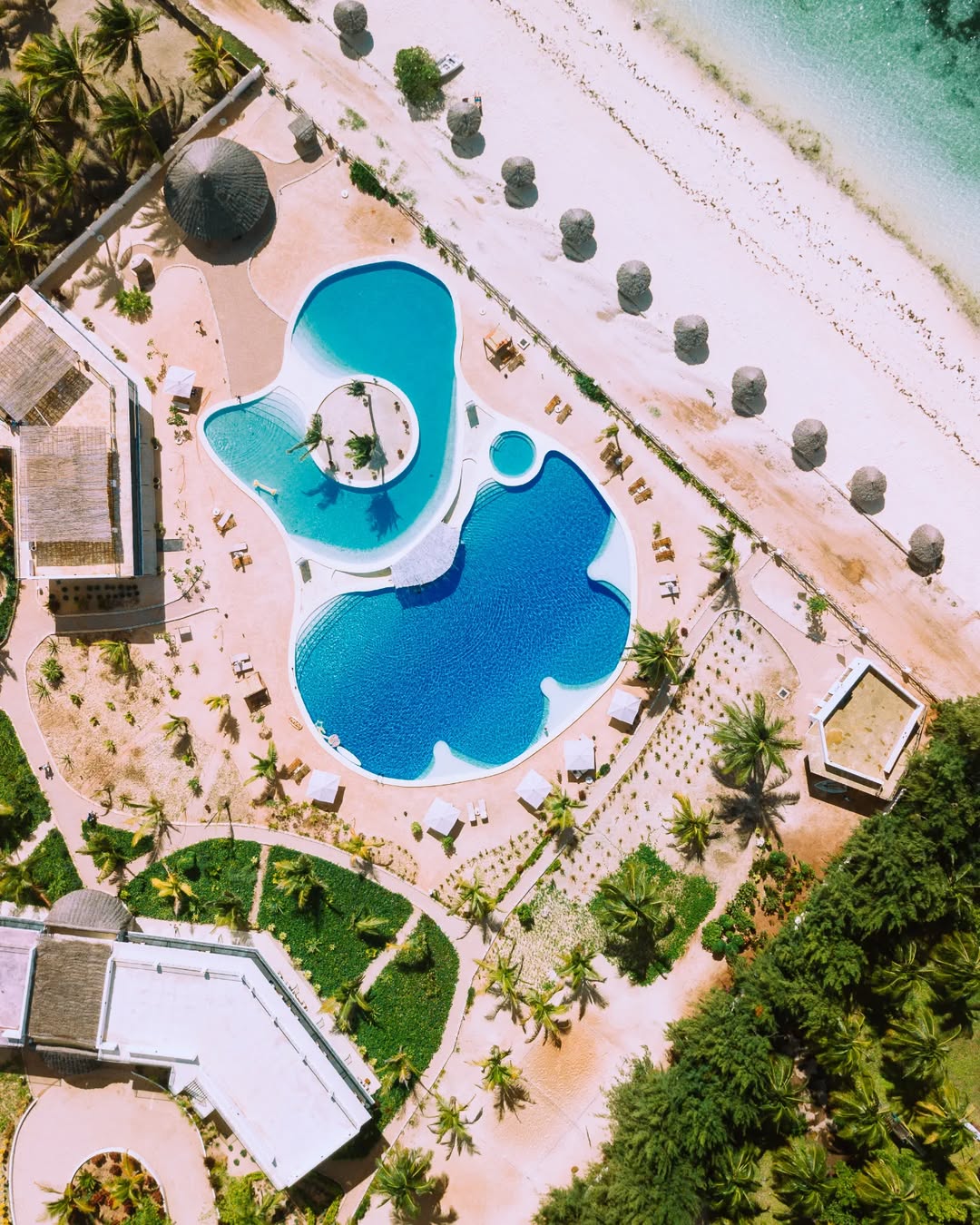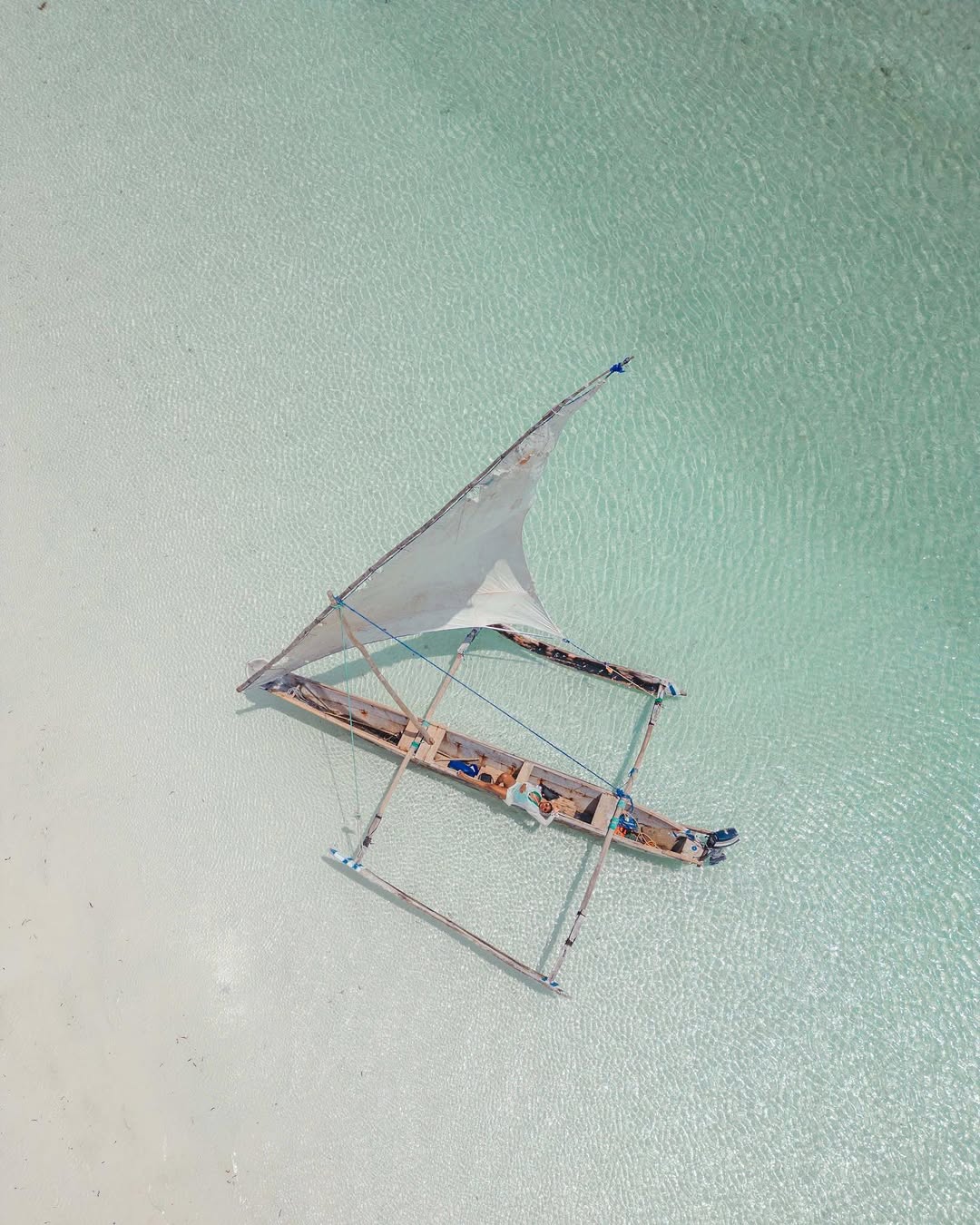Zanzibar Beach
The enchanting shores and natural beauty of Zanzibar, with its perfect climate and inviting atmosphere, make it an ideal destination for relaxation and rejuvenation. Zanzibar, located on Africa’s east coast, offers a captivating landscape of white sandy beaches and palm trees gently swaying in the breeze, which contrasts beautifully with its rich historical heritage. This blend of relaxation and exploration makes Zanzibar an exceptional getaway, where you can unwind and discover its unique charm. The island’s history, shaped by a mix of African, Arab, and colonial influences, adds to its appeal as a perfect escape.
Zanzibar’s fauna, particularly on its main island, Unguja, holds a fascinating connection to the African mainland from the last Ice Age. Among its rare wildlife is the Zanzibar purple colobus, one of the continent’s most endangered primates, with only about 1,500 remaining. This unique species, along with other endemic mammals, has evolved distinct characteristics, including unique coat patterns, calls, and feeding habits compared to mainland colobus monkeys.
The Zanzibar purple colobus thrives in a variety of habitats, from mangrove swamps and agricultural lands to coastal thickets and coral rag scrub. A significant portion of these primates resides in the Jozani Forest, and they can often be spotted in agricultural areas near the reserve, where they are accustomed to human presence and low vegetation.
In addition to the colobus, the island is home to other rare species, including the critically endangered Zanzibar leopard, believed to be extinct, and the recently discovered Zanzibar servaline genet. Although Unguja lacks large wild animals, its forests, similar to those of Jozani, are home to smaller antelopes, civets, monkeys, bush pigs, and possibly the elusive leopard. Zanzibar also boasts a variety of mongoose species, abundant butterflies, and diverse birdlife in its rural areas.





